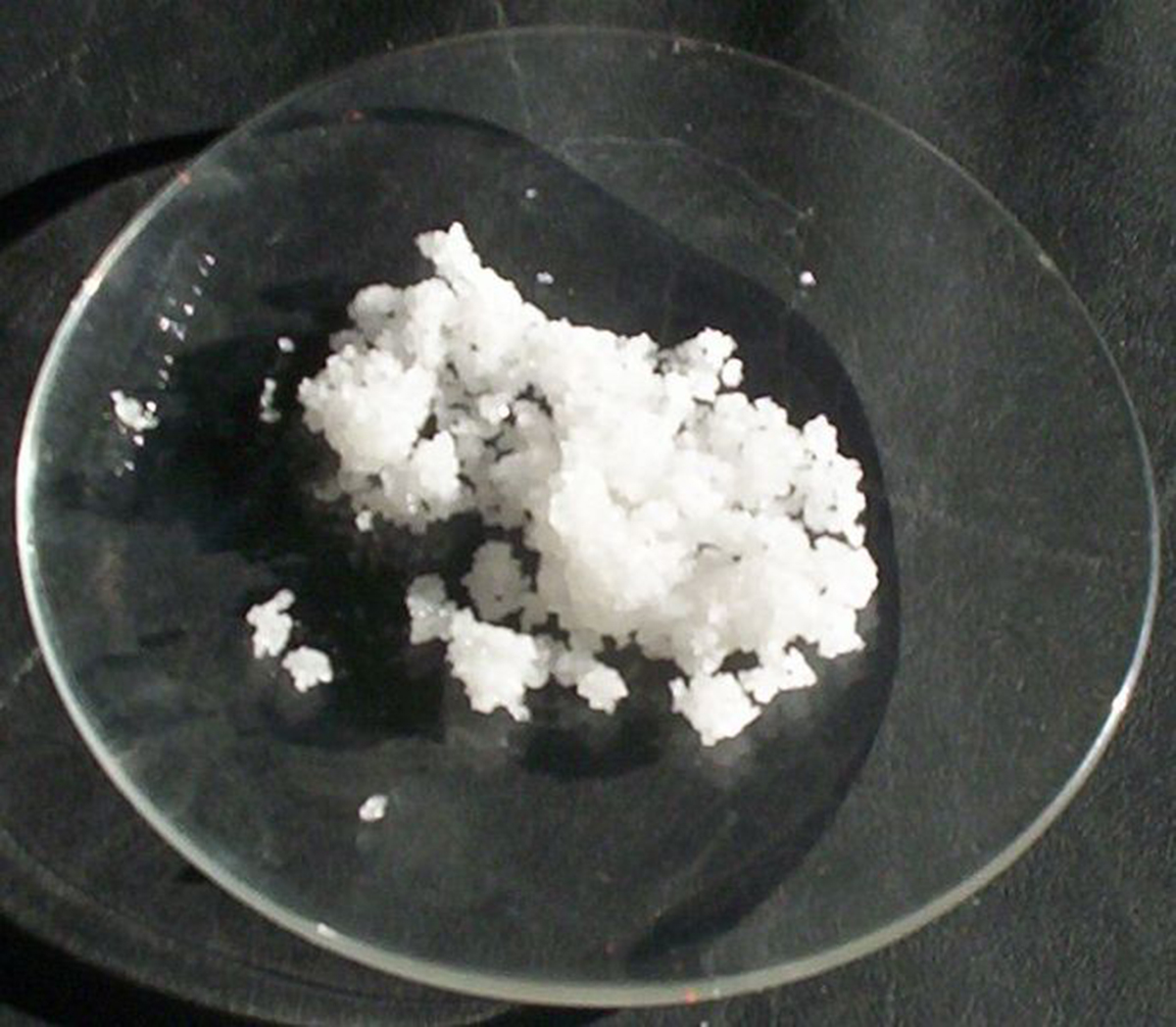
Zinc: The Thymus Booster and its influence on immune system
Moderate deficiency of zinc has been associated with numerous disorders such as sickle cell anemia, kidney problems,disorders of the stomach and colon and many others. Numerous researchers have also noted that zinc deficiency is one of the causes of altered responses of the immune system.
Zinc Influence on Immune System
The immune system generates antibodies in response to the presence of harmful microorganisms or toxins in our body. This is one of the essential steps required to identify and kill the harmful organisms invading the body. It has been noted that a deficiency of zinc affects this vital function of the immune system making it incapable of killing microorganisms. Furthermore, zinc is also considered essential for other processes such as generating cell mediated responses. Such effects on the immune system can increase the number of infections and deaths in individuals whose immune system is already compromised due to age or presence of other underlying illnesses. Animal studies have reported a 30- 80% reduction in the function of the immune system when exposed to moderate deficiencies of zinc.
Zinc serves as an antioxidant and stabilizes membranes, which helps prevent damage from free radicals encountered during the immune response. This antioxidant property is essential for maintaining the integrity of immune cells, especially under the stress of an immune response.
Zinc plays a pivotal role in protecting against infectious agents and is crucial for proper wound healing. Its immune-enhancing properties mean that it can contribute to a faster and more efficient response to infections, and its role in cell growth is vital for the repair of damaged tissues.
Read More: Zinc - It’s Not Just for Treating Colds Anymore!
Zinc Influence on Thymus Gland
Deficiency of zinc results in a condition known as thymic atrophy wherein, the cells of the thymus begin to die.
This leads to decreased functioning of the thymus which is one of major organs responsible for the production of T-lymphocytes. The T-lymphocytes are essential for destruction of the harmful microorganisms. This effect is more common in older adults who are known to suffer from a deficiency of multiple nutrients. The thymus also plays a vital role in the formation of T-lymphocytes in response to vaccines. A deficiency of zinc alters the response of the thymus to vaccines and thymus is not able to produce enough cells to build up the immunity of an individual after a vaccination program.
Zinc is found in a variety of foods, including meat, shellfish, legumes, seeds, nuts, and whole grains. While dietary sources are important, zinc supplementation can be beneficial in certain populations, especially those with underlying health conditions or the elderly, who are at greater risk of zinc deficiency.

Thymus function begins to decline as age progresses and has been partly termed to be a result of zinc deficiency. Further it was also noted that certain proteins known as thymosuppressive cytokines also play a role in decreasing the functioning of the thymus and also reduce the formation of thymus-suppressive cytokines.
The findings of several studies have confirmed that zinc supplementation improves immune functioning and benefits overall health, especially in older adults.
- SteadyHealth.com: Immunity Boosters: How to improve your Immune System
- Photo courtesy of Walkerma by Wikimedia Commons : en.wikipedia.org/wiki/File:Zinc_chloride.jpg


Your thoughts on this